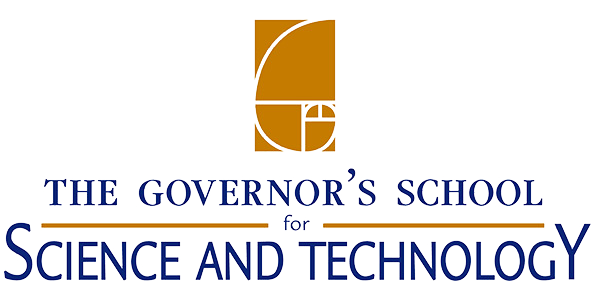Computational Science / Engineering Strand
Computational Science: (2 weighted high school science credits) Computer Science Course objectives provide a study of the key concepts in object-oriented programming (Java / Python) and design (data abstraction, data encapsulation, composition, inheritance and code re-use and implementation design techniques), programming constructs (primitives, references, classes, methods and interfaces), evaluating expressions (numeric, string and Boolean), program analysis (testing, debugging, run-time exceptions, pre and post conditions, assertions, analysis of algorithms and numerical representation of integers), data structures (strings, lists, one and two dimensional arrays and their accompanying operations – traversals, insertion and deletion), searching (sequential and binary), sorting (selection, insertion and merge sort) and develop an understanding of the ethical and social issues as it relates to the study of Computer Science. The course is a non-calculus treatment of physics dealing with topics in classical and modern physics. Physics course objectives apply the equations of kinematics to predict the position and the velocity at a later time, Newton’s laws of motion to find the acceleration of the objects and to identify other forces in the system, the conservation laws (mechanical energy conservation, and momentum conservation, and angular momentum conservation) to compare the system before and after the interaction, find the solutions of problems involving rectilinear motion, parabolic motion, circular motion, & objects in equilibrium, apply the conservation laws to the solutions of problems involving collisions, conservative & nonconservative forces, understand the fluid mechanics, such as buoyant force and Bernoulli’s equation, solve problems involving thermal expansion, heat transfer, thermodynamic processes & the behavior of ideal gases. Second semester course focuses on fundamental principles of physics covering mechanics, thermodynamics, wave phenomena, electricity and magnetism, and selected topics in modern physics.
Prerequisites Algebra II/Trig.

Engineering Design Innovation & Entrepreneurialship:
Engineering Design: (2 weighted high school science credits) Learning fundamental knowledge of design innovation and science disciplines and the requisite skills to perform research, problem-solve, innovate, and create opportunities in the real world are the overarching goals of this course. The course includes also a series of project-based learning experiences to help the student acquire and apply the skills, tools, and best practices of the STEM profession. Learning tools include, for example, industry standards and research modeling and simulation software, hands-on design and troubleshooting of solid state systems, and industry standard computer-aided-design software, and additive manufacturing fabrication systems. In challenging keystone projects, students are tasked to identify real-world engineering problems or opportunities, to propose and seek client approval for their unique solutions or innovations, then to design, build, and demonstrate their final products. The keystone experiences include professional engagement with research leaders invited from community organizations such as NASA, SNAME, and the Jefferson Labs. Prerequisites: Computational Science and Pre-Calculus.
